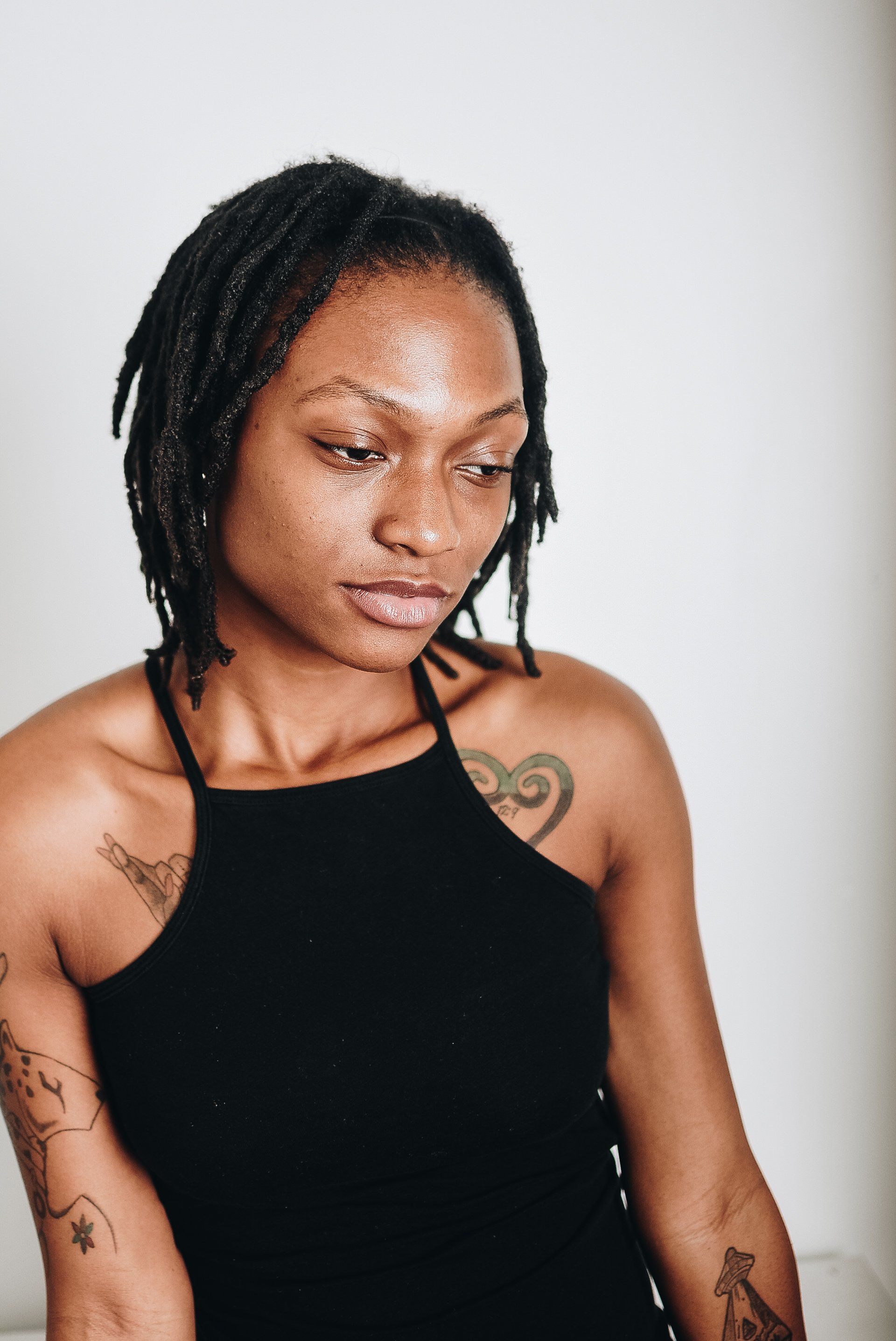
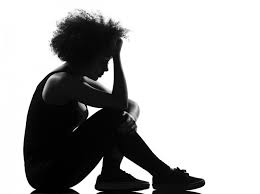
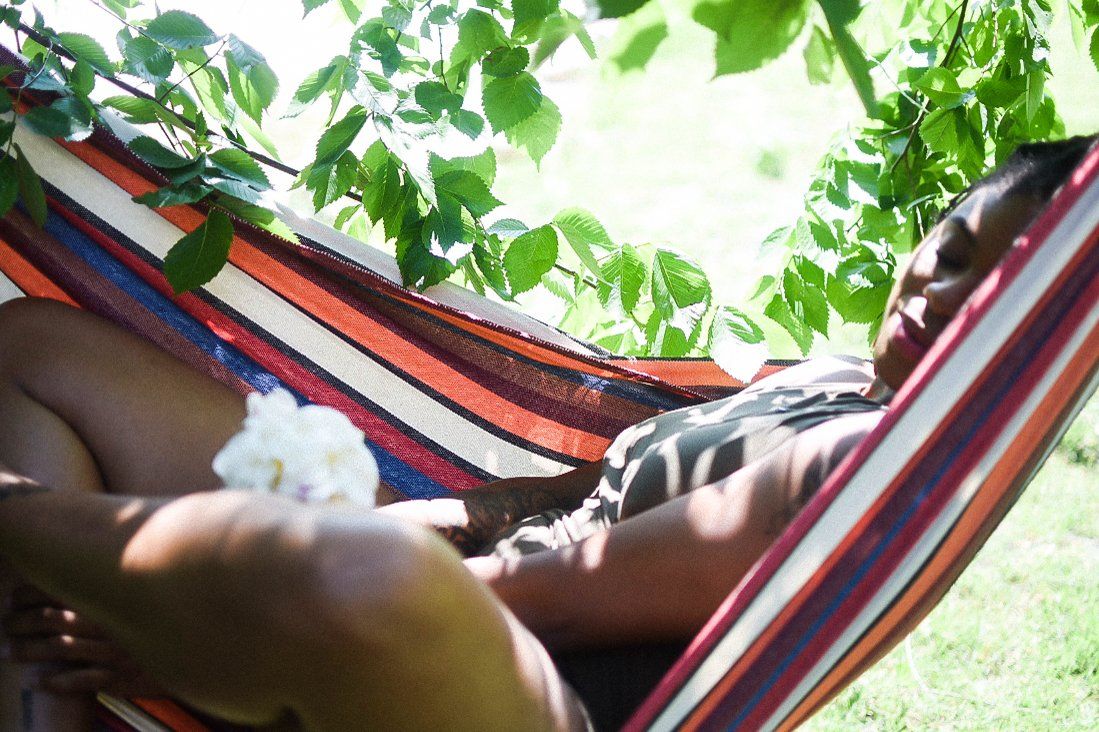
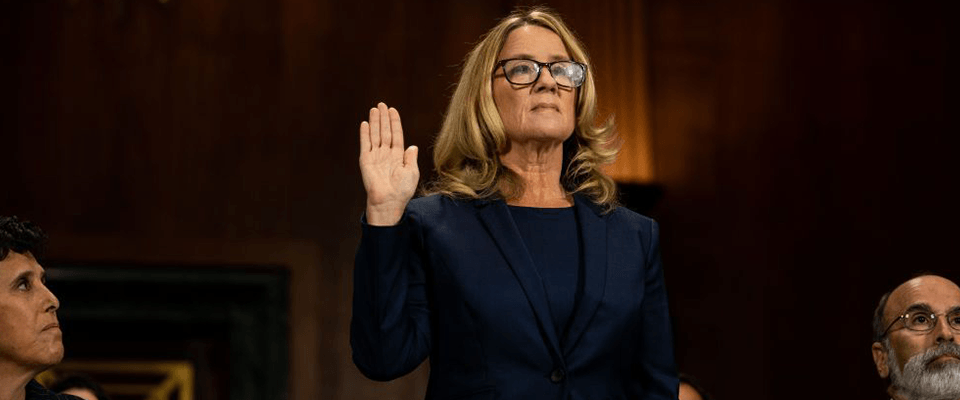
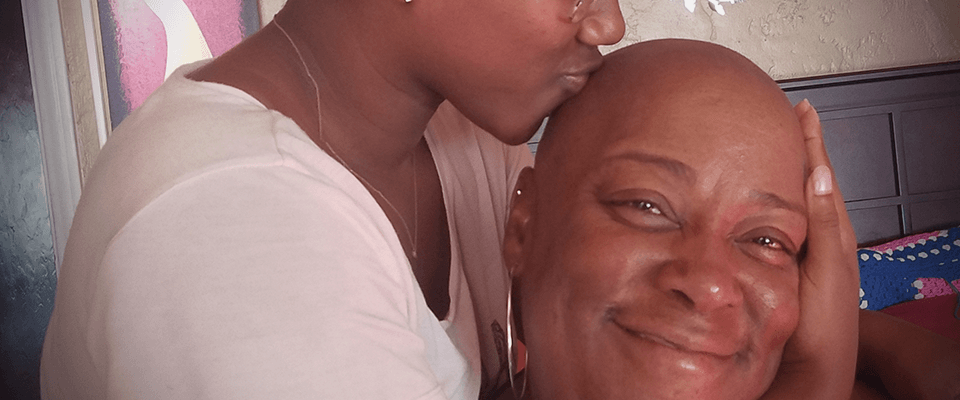
It’s grief
that feels hard to explain because while you don’t have a personal relationship
with these individuals, because they are cultural influencers and
news-makers who are part of our everyday life,
we grieve and mourn out loud
when we lose them.
Over the weekend, the culture lost another of what I call a “Native Son”. This time, it was rapper, entrepreneur, and community activist, Ermias Joseph Asghedom, also known as “Nipsey Hussle”. These losses of life never get easier, or more normal. Especially for those of us of a “certain age” who still remember the pain of losing Native Sons and Daughters of our own time as we witness and connect with the grief and loss of today’s generation.
I must admit that while I didn’t know Nipsey’s artistry very well, I very well recognized the outpouring of grief and pain I’ve seen on social media and news outlets. Personally, I’ve grieved the loss of many of my generation’s Native Sons and Daughters: Aaliyah, Lisa “Left Eye” Lopes, Tupac, Biggie, Michael Jackson, Whitney Houston, and most of all, Prince. It’s grief that feels hard to explain because while you don’t have a personal relationship with these individuals, because they are cultural influencers and news-makers who are part of our everyday life, we grieve and mourn out loud when we lose them.
As I watched a clip of a memorial to honor our Native Son, outside of the place where his life was taken, something happened to cause the crowd to scramble and scatter. It made me think about the constant trauma and fear that keeps us as a community often in a “fight or flight” mode. I also thought about what beliefs we carry individually and in our collective consciousness about grief and mourning. Because these traumatic events happen frequently, we may not be processing our grief, and so our mourning may look like rage. And in some cases, it IS rage because underneath it all, we are overwhelmed and sad. All these things make me wonder, where are the safe spaces for our brothers and sisters to mourn their grief?
Grief is the set of internal emotions we feel when we lose someone,
while mourning is the outward expression of and behaviors around that grief.
Pondering this made me reach out to other mental health professionals to explore how we can address our community’s deep need for safe spaces in which to grieve, to mourn, to process, together. It also inspired me to share a few ideas and suggestions on how you can work through – in a healthy way – your own grieving and mourning process, whether it’s about Nipsey’s death, or someone else. I’ll be sharing these over the next few days on Facebook, Instagram , and Twitter, so please check them out @mefirstselfcare.
And while I hope these suggestions are helpful to you, nothing takes the place of sound assistance from a professional. If you feel like you need help to process what you’re feeling around the loss of our Native Son (or really, for any reason), please tap into these resources:
For immediate help:
·National Suicide Prevention Lifeline – Call 800-273-TALK (8255)
·Crisis Text Line – Text NAMI to 741-741
If you would like to find a culturally competent therapist:
Therapy For Black Girls - https://www.therapyforblackgirls.com/therapist-directory
Melanin & Mental Health - https://www.melaninandmentalhealth.com
Therapy for Latinx - https://therapyforlatinx.com/




